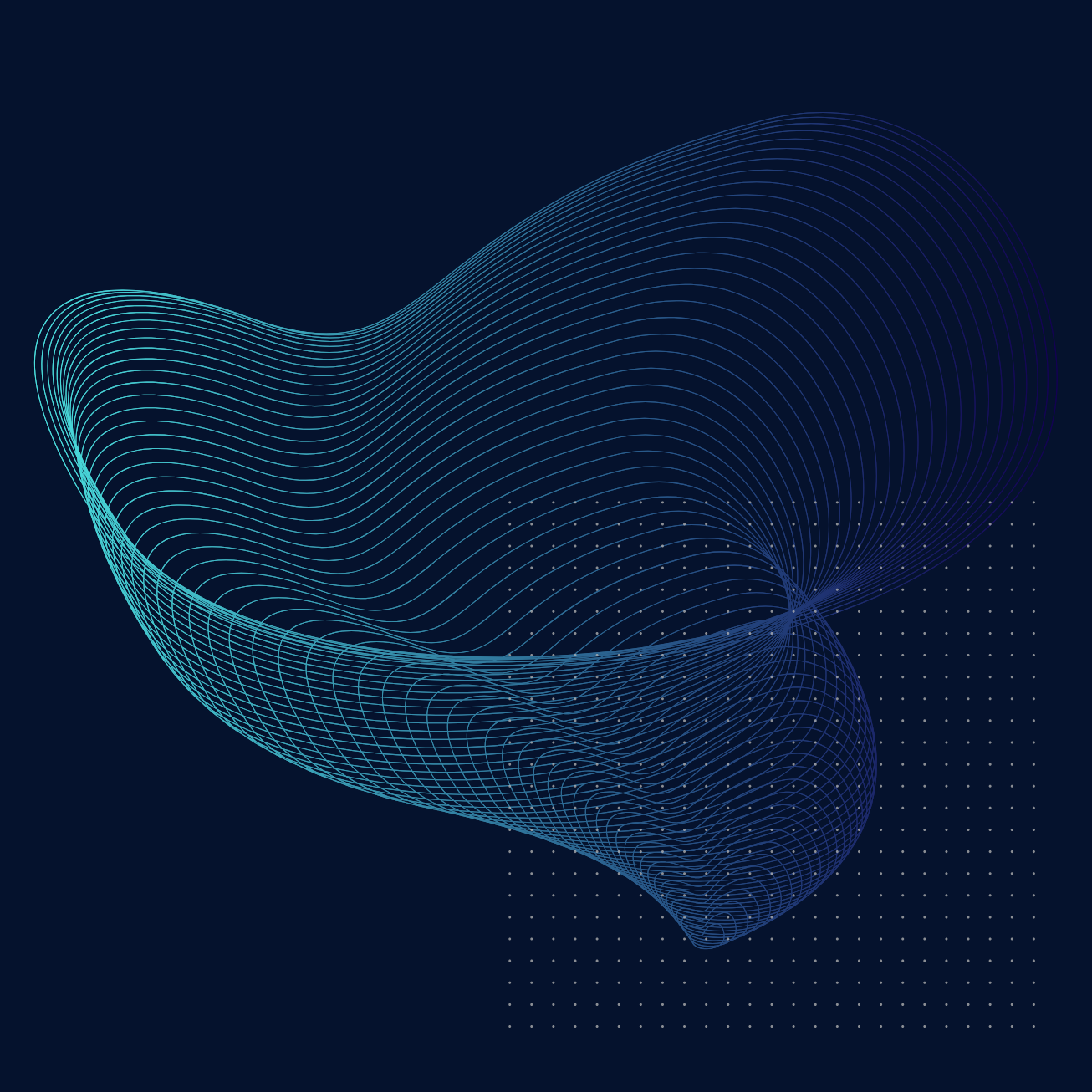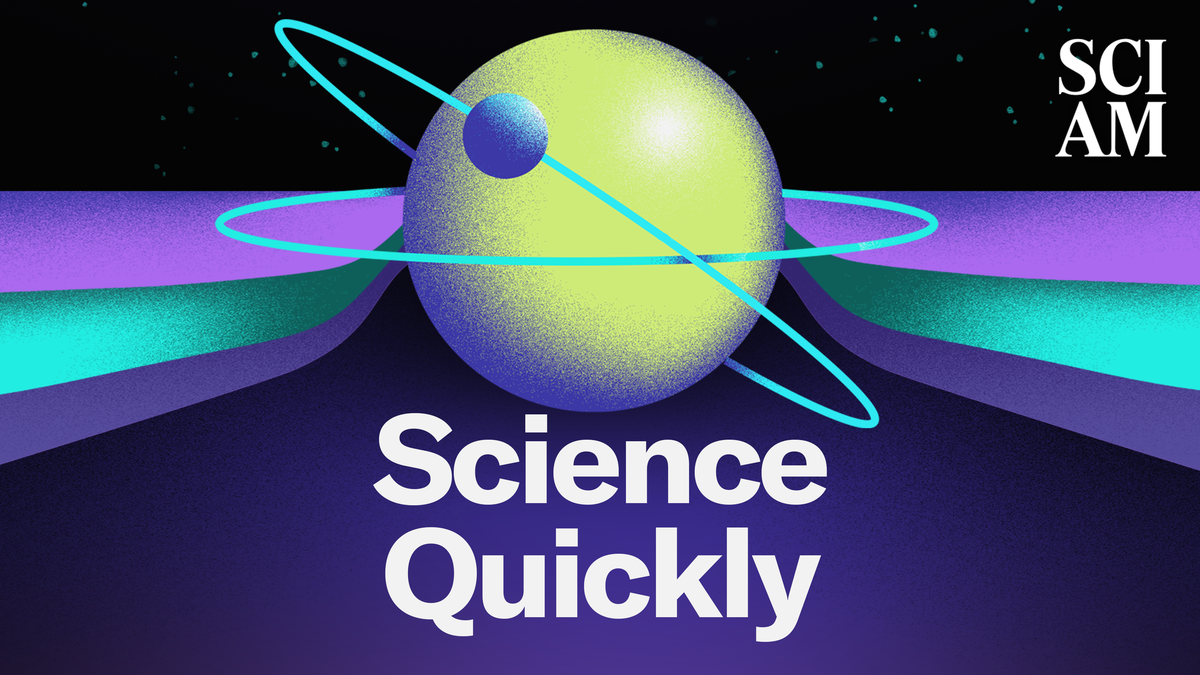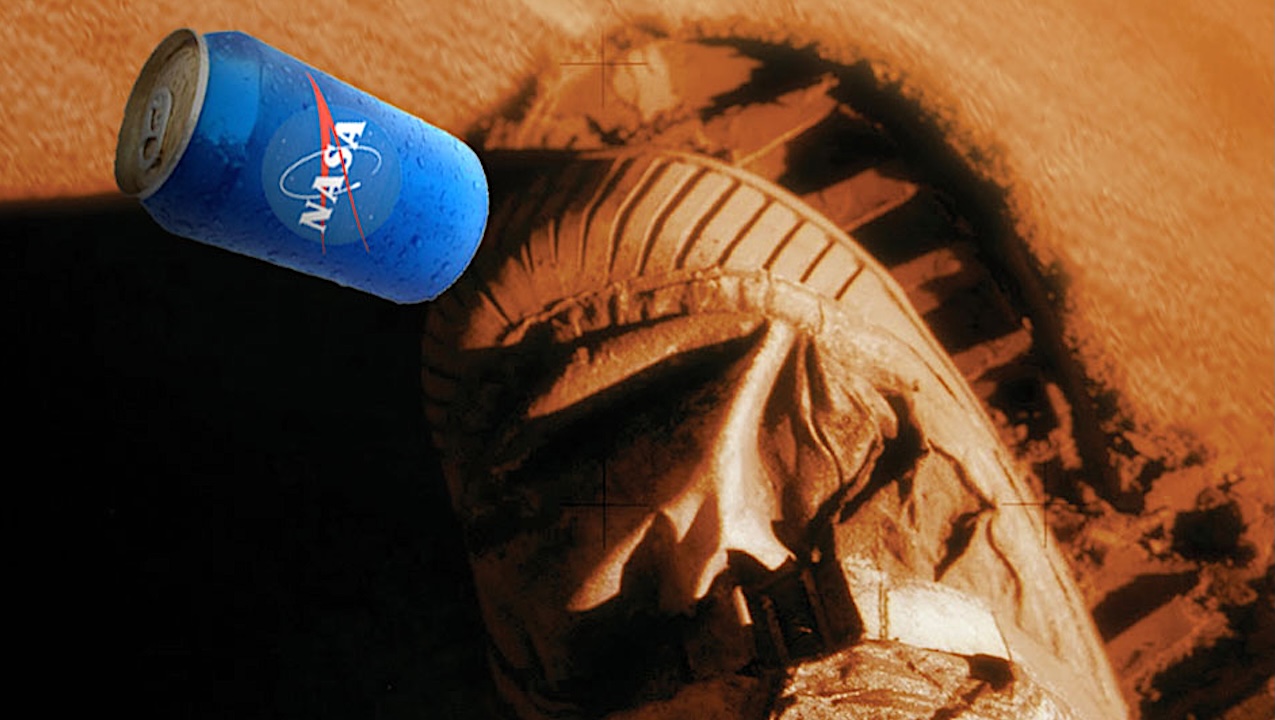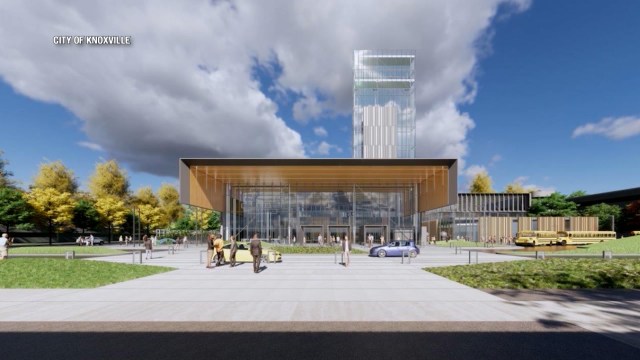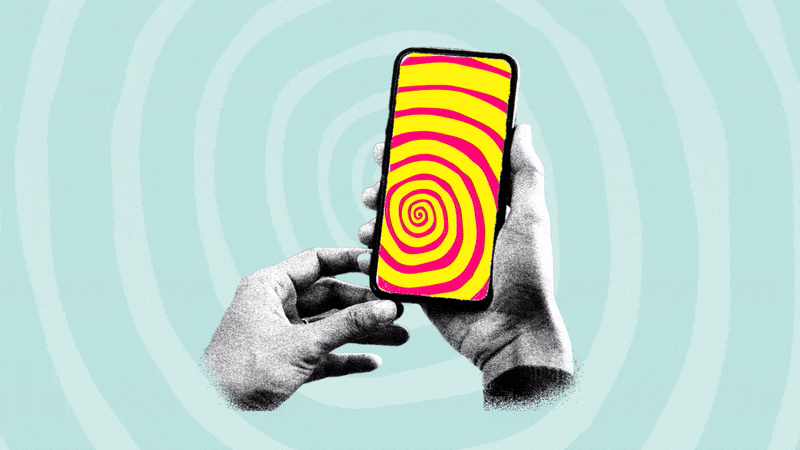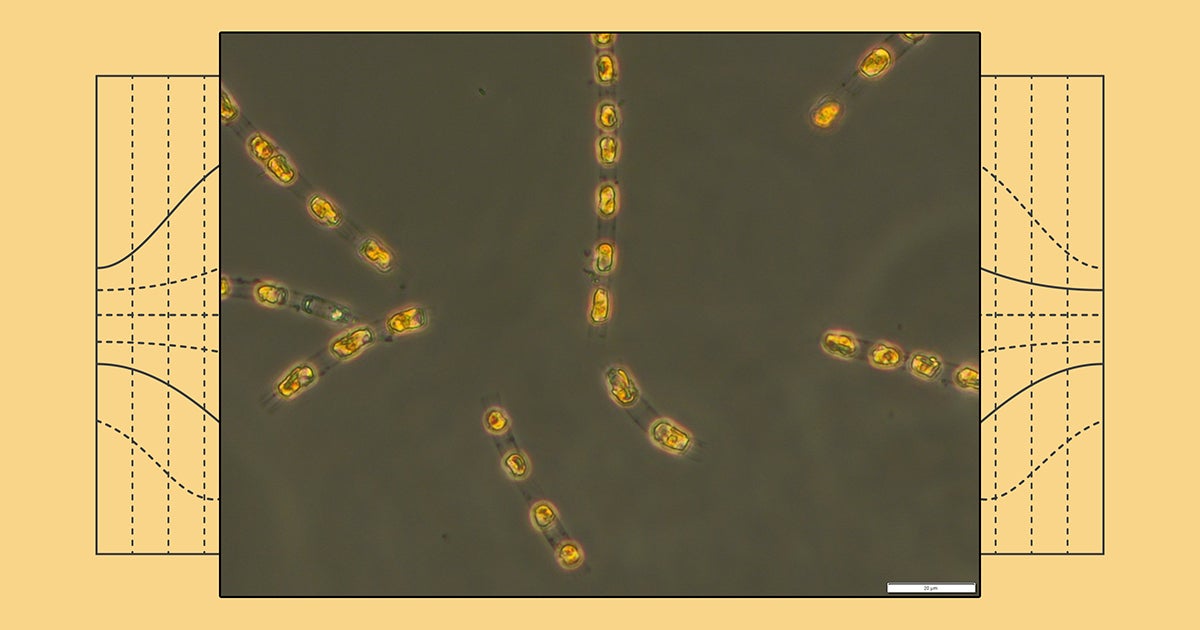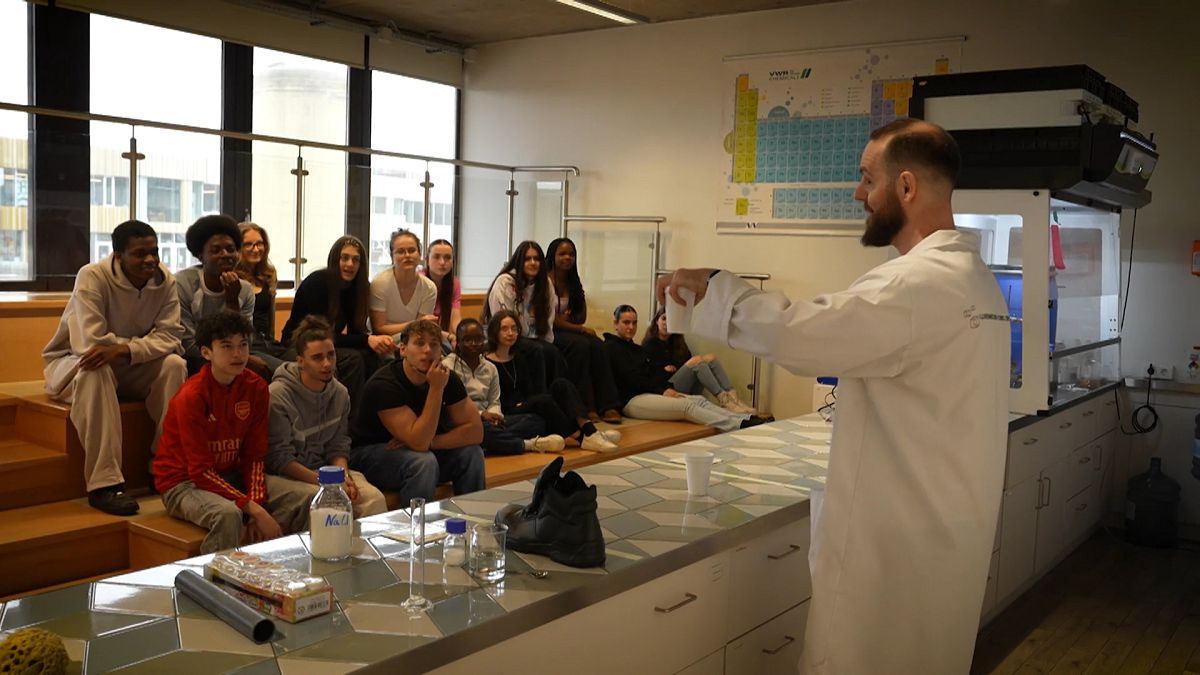
Beyond Textbooks: How Science Adventures Forge Tomorrow's Global Citizens
In today's world, even seemingly simple choices like recycling or purchasing an electric vehicle demand a fundamental understanding of scientific principles. Professor Pascal Waechter emphasizes the critical role of experiential science education in empowering individuals to make informed decisions. The Luxembourg Science Center stands as a prime example of how interactive learning can transform scientific education. By offering hands-on experiences, the center bridges the gap between theoretical knowledge and practical understanding, making science accessible and exciting for people of all ages. Waechter argues that when science is taught through engaging, real-world experiences, it becomes more than just abstract concepts. It becomes a living, breathing tool that helps individuals navigate complex environmental and technological choices. From understanding the mechanics of renewable energy to grasping the impact of personal consumption habits, experiential science education equips people with the insights needed to make responsible decisions. Through interactive exhibits, practical demonstrations, and immersive learning environments, science centers like the one in Luxembourg are revolutionizing how we perceive and interact with scientific knowledge. They transform science from a distant, intimidating subject into an approachable and fascinating journey of discovery.

